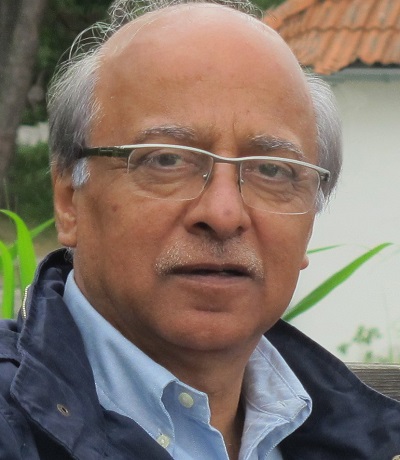By Imtiaz Gul
In September 2018, General Qamar Javed Bajwa, Pakistan’s Chief of Army Staff (COAS), had a heart to heart conversation with the Chinese President Xi Jinping on the latter’s special invitation for a visit to Beijing.
As usual, Xi reassured China’s continued support to Pakistan as a strategic partner. He also reiterated that opposition to the Belt and Road Initiative (BRI) or CPEC shall never succeed because “it was an initiative of peace and development not only for China but for the region and beyond.”
In return, Bajwa thanked the Chinese president with the usual accolades and attempted to clear some of the dirty dust that a few reckless statements by commerce advisor Razzaq Dawood and a few other PTI leaders had blurted out about CPEC.
During the meeting, officials confided, Xi also offered a word of advice to the General: focus on development first. “Economic development and consolidation will automatically create space for many other issues, including your Kashmir dispute with India,” Xi reportedly told Gen. Bajwa in this detailed meeting.
Nearly two months later, on November 3, another meeting took place, this time between Prime Minister Imran Khan and Chinese Vice-President Wang Qishan. Both underscored the significance of Pakistan-China strategic cooperative relations and agreed to continue furthering cooperation on issues of regional and global significance.
Almost five months later (in April 2019), Vice-President Wang Qishan invited PM Khan (who was visiting Beijing for the 2nd Belt and Road Initiative Forum) again for a private meeting at his residence, away from the gaze of the media. The November meeting between the two was all over the media but not the one in April. Chinese officials believe the idea of this face to face was to exchange notes on how best to counter corrupt practices.
Worth recalling that Qishan had served as the secretary of the Central Commission for Discipline Inspection, the Communist Party’s anti-corruption body between 2012 and 2017. For example, the global manhunt coded “Sky Net” that began under Qishan in 2014, has brought back 5,000 fugitives and recovered more than 13 billion yuan (US$1.94 billion) in stolen assets (As of March 2019).
In 2018, courts around the country concluded 28,000 graft cases involving 33,000 people, including 18 former officials at the provincial-level and above. In the year, 32 former senior officials at such levels were also prosecuted. This included government officials, members of the Peoples’ Liberation Army as well as leaders of the Communist Party.
The three aforementioned meetings seem to have laid the foundation for a much closer Pak-China coordination on socio-political as well as economic issues. Coupled with the Action Plan by the Financial Action Task Force (FATF) that Pakistan is currently implementing, the unusual Sino-Pak synergy of thought and action has simply reset Pakistan’s strategic, political and economic outlook. That is the good news – of course in the long run for Pakistan.
The bad news is for those who have thrived in Pakistan on the sweat of common people for decades. Bad news is also for all those non-state actors, who used to relay on patronage for their inland and cross-border activities. Under the Chinese advice and the compulsions of the FATF Action Plan that is not the case anymore. The unbridled abuse of official power for money laundering and unquestioned operations of and support for all non-state actors (terror financing) are both under tight scrutiny right now. There will be no looking back, it seems, for a normal state on the back of economic development, accountability and rule of law.




